Facebook: the power and dangers of 1 billion users
The implications of Facebook's unstoppable growth
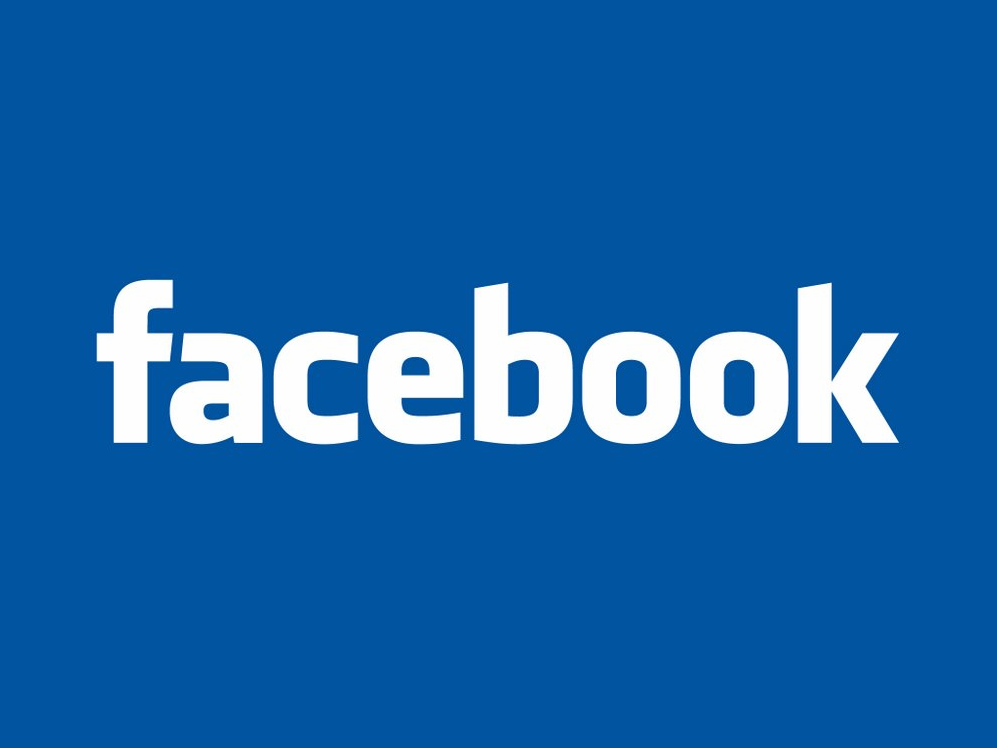
Mark Zuckerberg was recently quoted as saying Facebook "was almost a guarantee" to hit 1 billion worldwide users.
With a current user base topping 500 million, and a market leading presence in all but four countries worldwide, this statement is anything but hyperbole. What is more, its implications are simply huge.
Facebook provides a wide range of services to its userbase; for all the hype Farmville is but one of them. At its most basic Facebook is a communications tool. It lets Person A contact Person B. With 1 billion users this simple premise becomes something else entirely.
With 1 billion people you can be sure the person you are looking for is on Facebook. If they aren't then they aren't on the internet full stop. The traction that 1 billion users would provide would quickly suck in those who had resisted creating accounts so far. You would almost need to create an account for fear of being left out in the cold.
So why bother with Gmail or Yahoo chat? Your friends, parents, and partner are on Facebook, so it's simply easier to do everything within the same friendly blue landscape. All Facebook needs to do is add VOIP and video chat to its, still occasionally flaky, text chat service and it becomes an all encompassing communications tool. No need for separate accounts, separate directories, and different protocols.
It sounds far fetched, but is it really? The, totally unscientific, poll I conducted in the office showed that all concerned felt Facebook messaging had replaced email for personal use to some degree. The more users in the Facebook fold, the more persuasive this argument becomes.
The downside
Get daily insight, inspiration and deals in your inbox
Sign up for breaking news, reviews, opinion, top tech deals, and more.
So what's the harm? Well, we have already seen Facebook's slightly slipshod handling of people's privacy. How well can it be trusted with all of your emails? I'm sure it could find lots of juicy data in there for the marketing firms.
Even more worryingly Facebook is closed shop to all intents and purposes. Getting a backup of your data isn't easy. You may be relying on Microsoft or Google to look after your email, but this feels significantly more reliable than Facebook.
Then there is the issue of Facebook making money. Nothing is to say it won't start charging for some of its services. 10 pence an email? Sounds unlikely, I know, but with a captive audience of 1 billion and all those servers to pay for who knows.
Social proof
But generating revenue is a serious area for Facebook. Attempts to harness the business benefits of social media, with its 'Beacon' advertising system, didn't go well. To sum up, this advertising system collected data from external websites, sites users had visited or purchased from, and used this information within Facebook. Adverts could be targeted at users more precisely using the collected data, and related/relevant events posted to users' walls.
But the system was a huge failure as privacy concerns engulfed the concept and ultimately led to it being pulled. People just didn't like having their activities monitored in this way, even when they had opted or even logged out of Facebook.
Facebook had much more success with its 'fan page' functionality. This built on the existing 'groups' idea and allowed users to create 'fan' pages for products, companies, people, in fact pretty much anything they choose.
These pages are public, contain links, and allow updates to be sent out to 'fans'. Agencies can create fan pages for products, services, or clients for free and encourage their use and uptake.
But most importantly of all fan pages make use of a hugely important aspect of social media - friends and networks. And with a billion users or more that is a lot of friends, and some very healthy networks. If my friend joins a fan page I'm inclined to do the same. If someone I trust is discussing a service or product, then I may take a look. If someone in my network does the same I'd also pay attention, more than I would to a simple advert - that is the power of 'social proof' or 'following the crowd' in cruder terms.
Crowdsourcing
This idea of social proof leads us to that mainstay of social networking - crowd-sourcing.
Wikipedia defines crowd sourcing as "delegating a task to a large diffuse group". This has been demonstrated most recently by the UK government, who have setup a Facebook page asking users to suggest ideas for spending cuts.
Whilst many would argue this is nothing more than a publicity stunt, and simply the modern equivalent of being stopped in the street by a man with a clipboard, it's difficult not to worry about the Government of a sovereign nation using social networking to generate policy.
This is an extreme example, but if ever the "wisdom of crowds" was ever to be fully tested, the 1 billion users of Facebook seem like good candidates'. Let's just hope we don't lose sight of individual innovation and free thinking - that is, after all, what gave us our favorite social networking site in the first place.
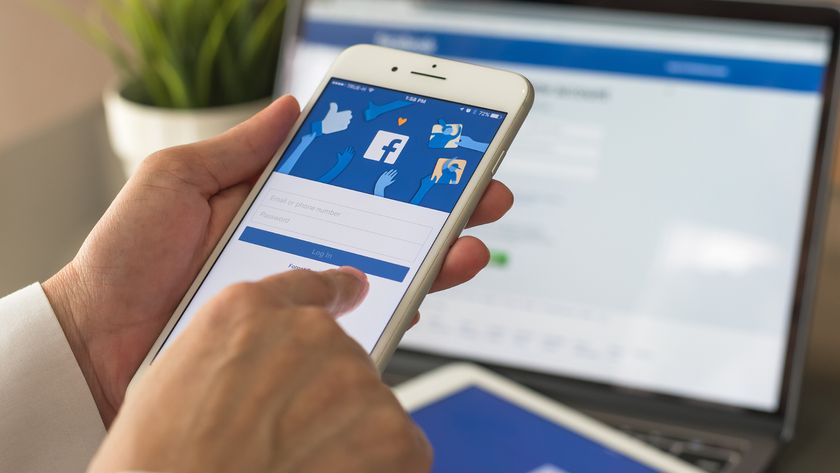
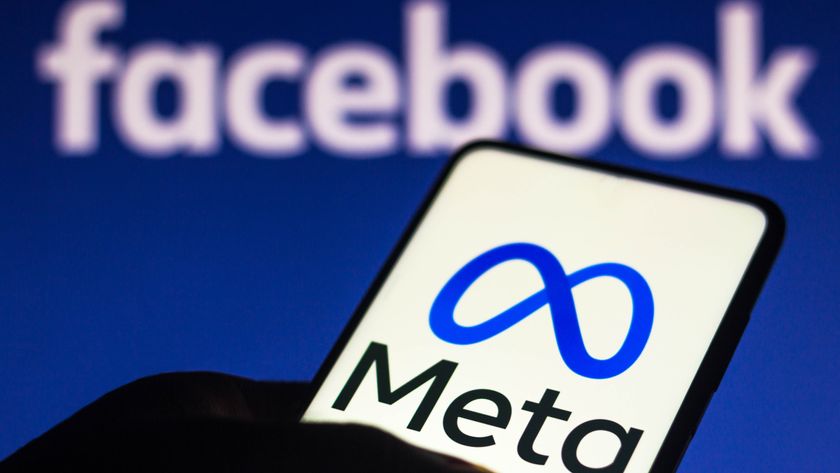

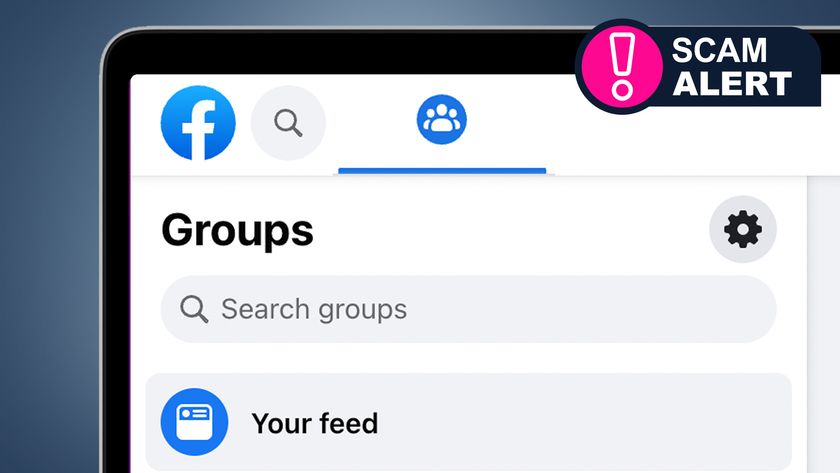
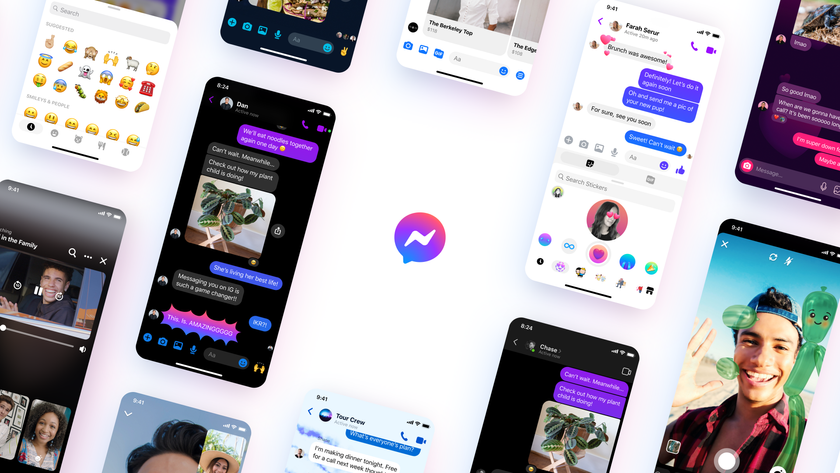

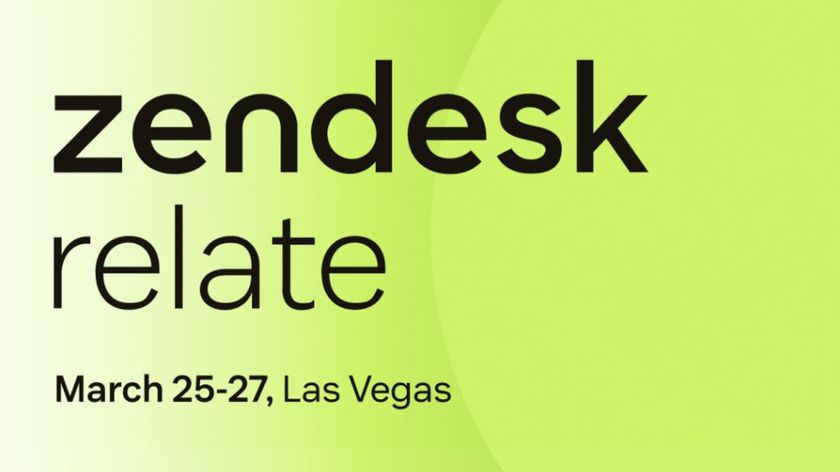
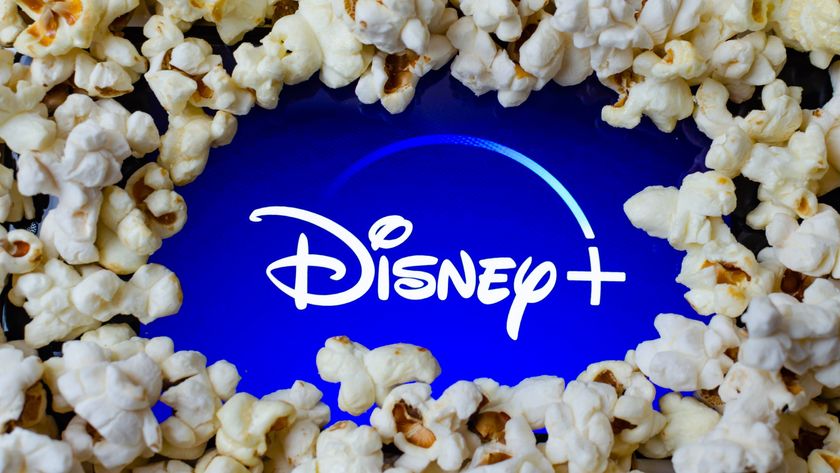
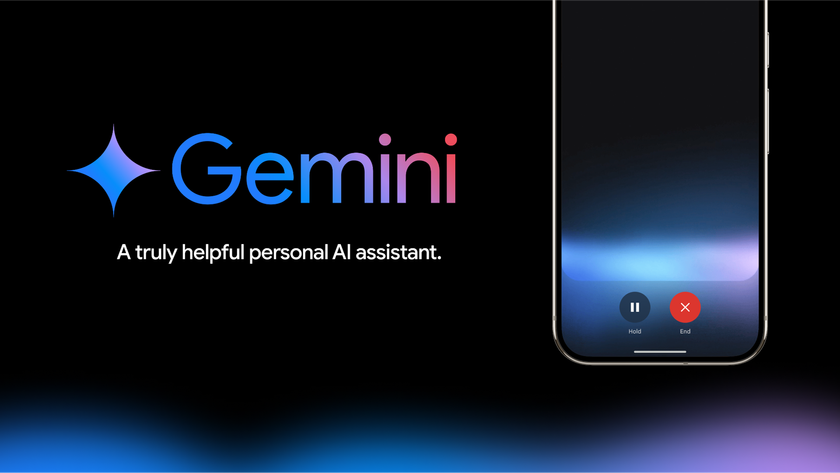


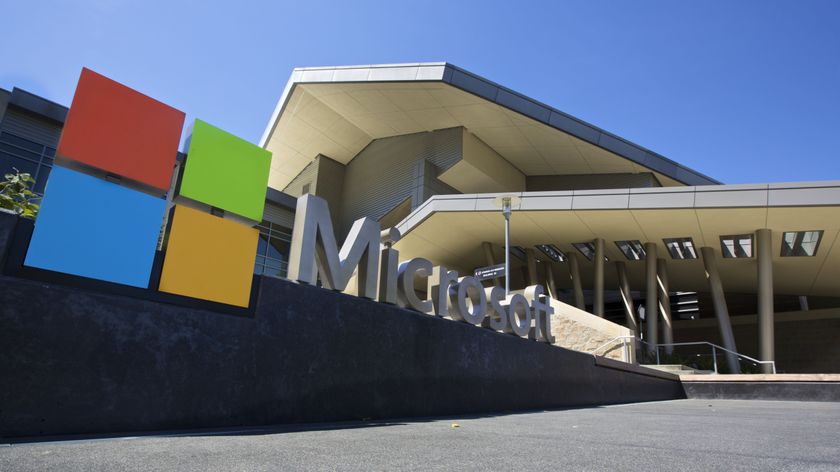

I analyzed 25 AMD Zen 4 and Zen 5 CPUs and the Ryzen 9 9900X is the best of them all right now: Here’s why

Ugreen reveals exclusive Genshin Impact collection and they're some of the most eye-catching charging products I've ever used

Zendesk Relate 2025 - everything you need to know as the event unfolds



